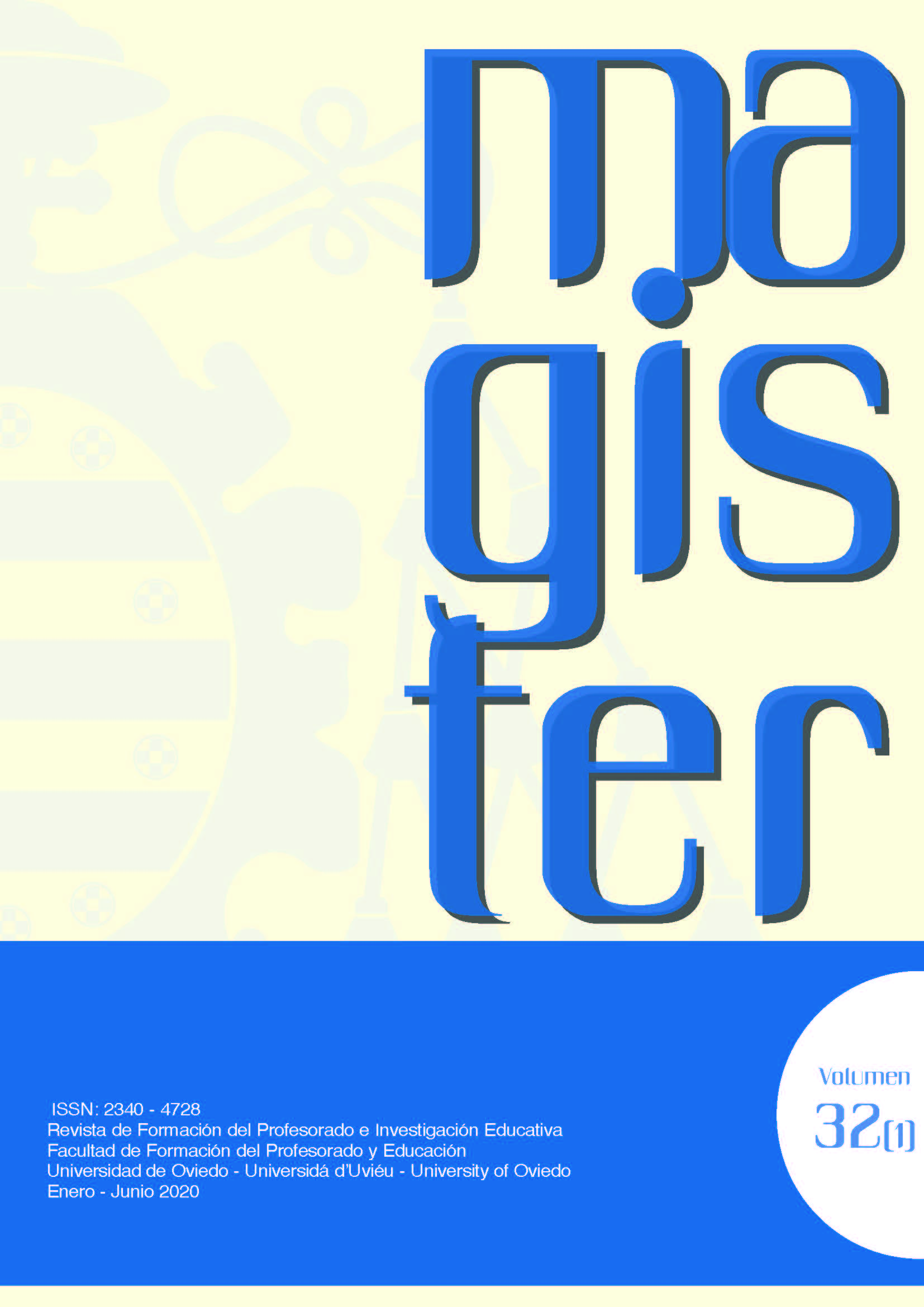Abstract
The COVID-19 health crisis has caused the transformation an adaptation of face-to-face teaching in distance learning. This text is born from the reflection on the experience of the subject “Early Learning of Foreign Language: English” of the “Duques de Soria” Campus of the University of Valladolid. Thus, the objectives such as the propmotion of creativity and lucdic learning (which is both ‘ludic’ and ‘lucid’) were set and practical works such as Microteaching at Home were developed, microteaching activities that instead of being carried out at university classroom with the participation of other colleagues, are carried out in the domestic environment. The results of these activities have been positive, noting that the students had worked on the contents of the subject and had creatively developed the materials, activities, storytelling techniques, etc.References
Bona, C. (2015). La Nueva Educación. Los retos y desafíos de un maestro de hoy. Barcelona: Penguin Random House Grupo Editorial, S. A. U.
Francisco, F. J. (2016). Hermenéutica Analógica, Poética del Haiku y Didáctica de la Creatividad (Una propuesta para desarrollar la interpretación, la comprensión y la creatividad literaria en el aula de Lengua Inglesa en Educación Primaria) (Tesis doctoral). Universidad de Salamanca, España.
Sánchez, A. (2020). El Docente y la Didáctica como Pilares de Sanación Social. Revista Inclusiones, 7(3), 332-342.
Downloads
Download data is not yet available.

